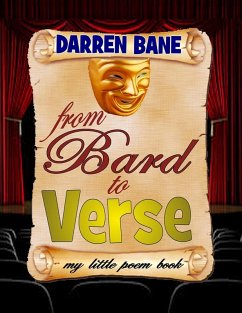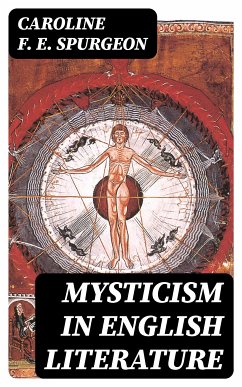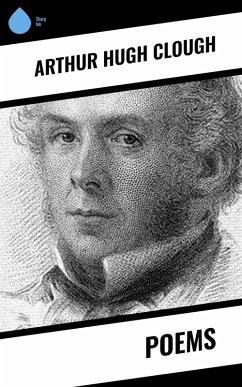
Ruthless Rhymes for Heartless Homes (eBook, ePUB)
Versandkostenfrei!
Sofort per Download lieferbar
0,49 €
inkl. MwSt.
Weitere Ausgaben:

PAYBACK Punkte
0 °P sammeln!
In "Ruthless Rhymes for Heartless Homes," Harry Graham delivers a provocative and darkly humorous collection of verses that subvert the conventions of traditional children's poetry. Employing a sharp wit and an irreverent tone, Graham's work draws upon the literary traditions of nursery rhymes, only to twist them into narratives filled with macabre themes and ironic morality. The juxtaposition of innocent rhyme and sinister content challenges readers to reflect on societal norms while engaging with a satirical take on domestic life in Edwardian England. This innovative blend of whimsy and wick...
In "Ruthless Rhymes for Heartless Homes," Harry Graham delivers a provocative and darkly humorous collection of verses that subvert the conventions of traditional children's poetry. Employing a sharp wit and an irreverent tone, Graham's work draws upon the literary traditions of nursery rhymes, only to twist them into narratives filled with macabre themes and ironic morality. The juxtaposition of innocent rhyme and sinister content challenges readers to reflect on societal norms while engaging with a satirical take on domestic life in Edwardian England. This innovative blend of whimsy and wickedness situates the book within the growing genre of anti-establishment literature of its time, appealing to adult audiences with a penchant for the subversive and absurd. Harry Graham, a prolific figure in the early 20th century, was deeply influenced by the contemporary societal constraints and expectations, especially regarding family life. His background as a satirist and humorist, coupled with his experiences in a rapidly changing world, equipped him with a unique perspective that shaped the creation of these dictate rhymes. Graham's work often critiques the bleak realities of life, illuminating the darker aspects of human nature beneath the veneer of domesticity. "Ruthless Rhymes for Heartless Homes" is a must-read for those who appreciate the interplay of humor and horror. Its clever wordplay and societal critiques resonate with modern readers, offering insights into the complexities of morality and propriety. This collection not only entertains but also provokes thought, making it an essential addition to any literary enthusiast's library.
Dieser Download kann aus rechtlichen Gründen nur mit Rechnungsadresse in A, B, BG, CY, CZ, D, DK, EW, E, FIN, F, GR, H, IRL, I, LT, L, LR, M, NL, PL, P, R, S, SLO, SK ausgeliefert werden.












